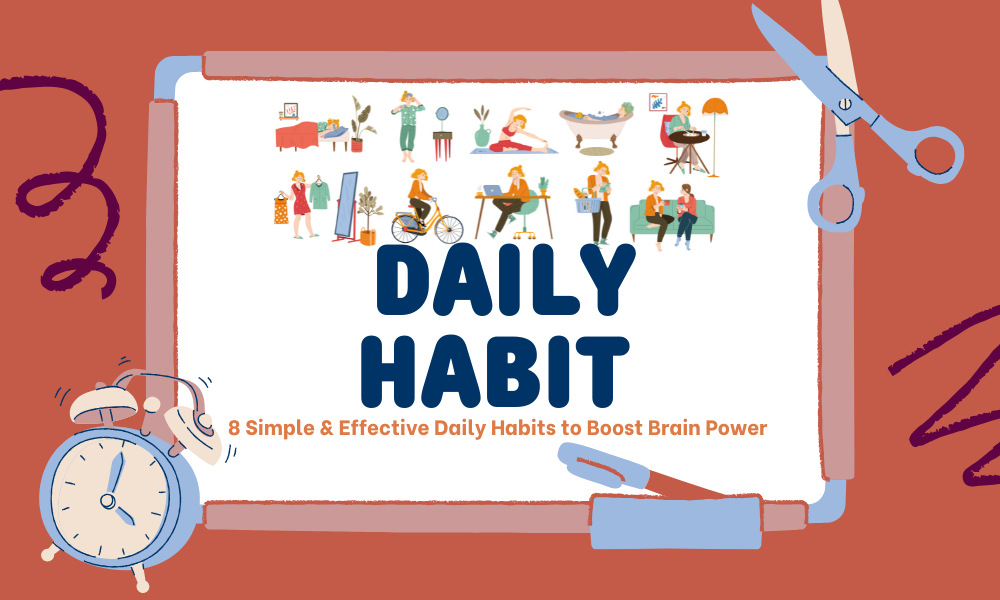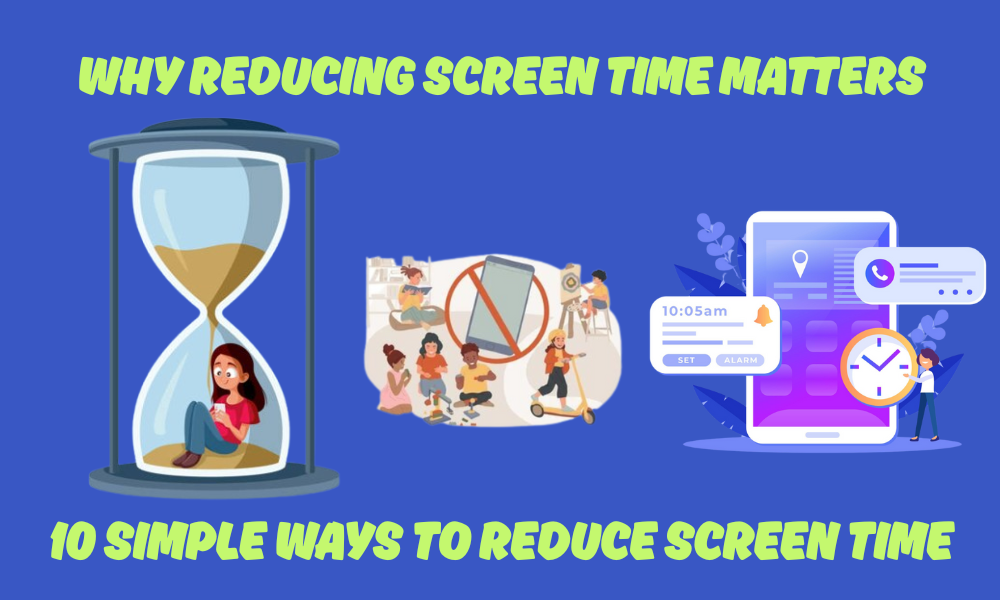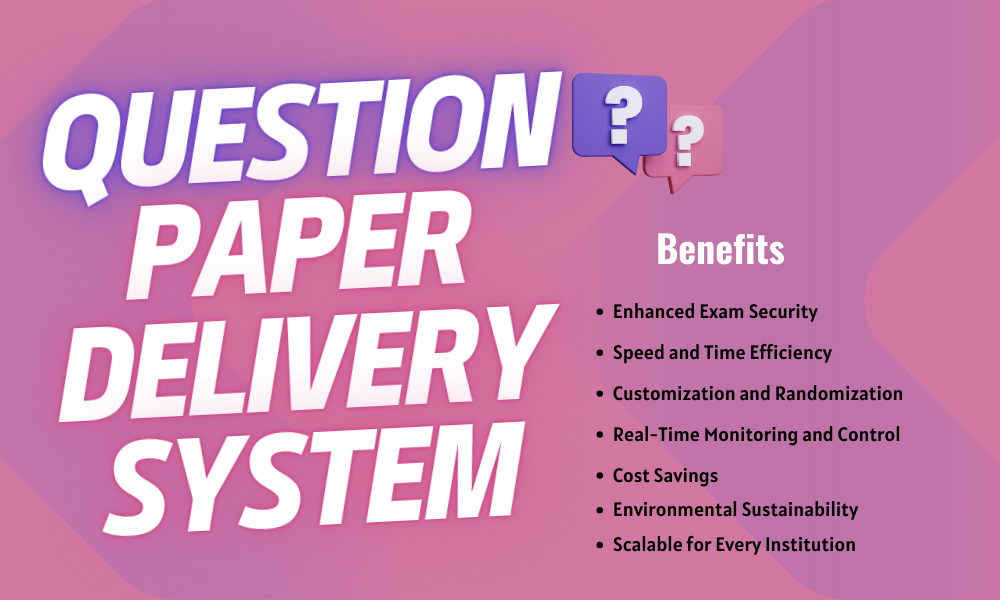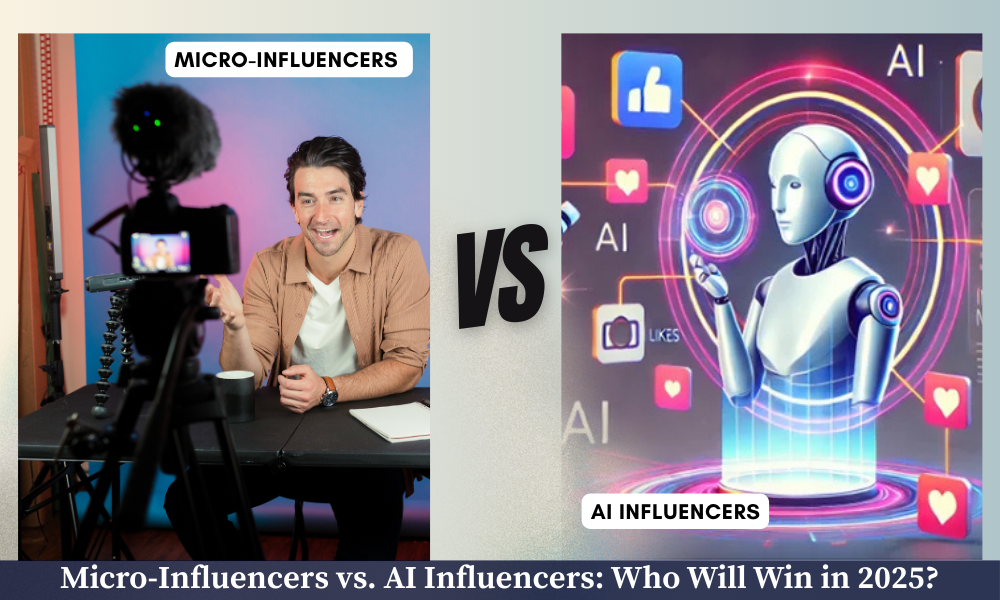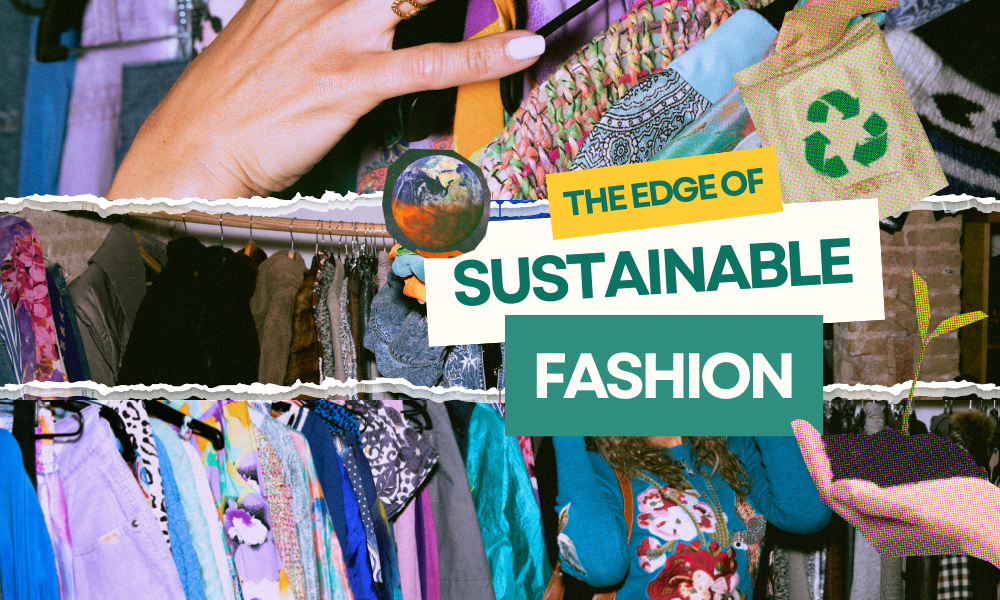Digital Detox: Why Everyone is Unplugging in 2025
As of 2025, the demarcation between our digital and physical lives has blended more than ever. With remote work becoming a long-term opportunity and smartphones acting as our constant partners, people are spending more time than ever in front of various screens each day.
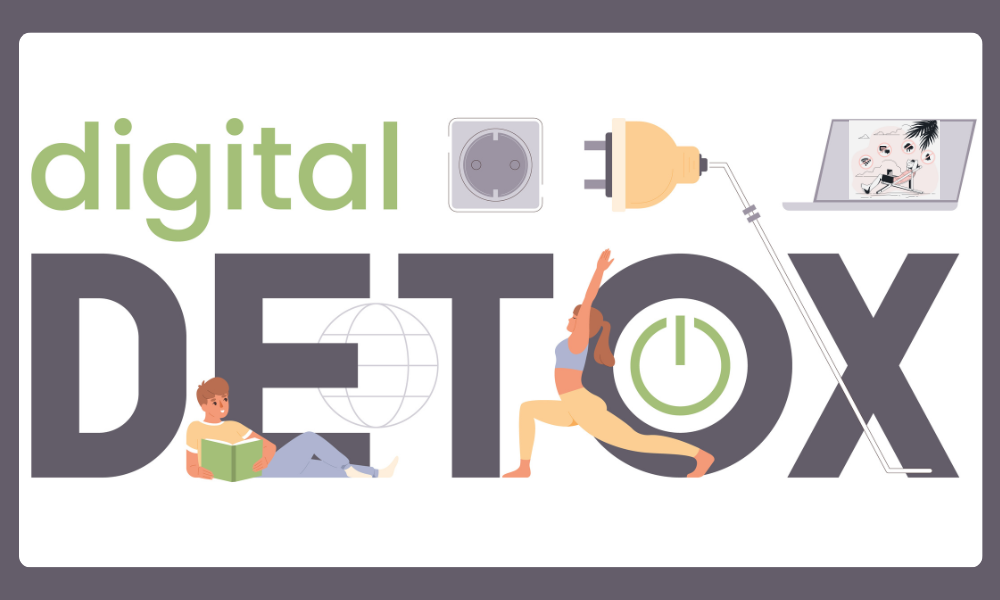
The Emergence of Screen Fatigue and Mental Exhaustion
Continuous screen use has amplified what experts call “screen fatigue”—a form of tiredness characterized by tired eyes, decreased attention span, and mental fatigue. This was only exacerbated after the pandemic, when virtually everything we did—meetings, academic classes, even social interactions—became reliant on online platforms. What started as a necessity slowly unfolded into a dependency on these platforms. Scrolling through what seems like endless content, responding to messages about work late into the night, and multitasking between various apps leave users feeling mentally and emotionally drained.
This feeling of burnout not only impacts productivity but spills over into our personal lives, contributing to increased levels of stress and anxiety, feelings of irritability, and disrupted sleep. Recent wellness surveys indicate that more people than ever report “being wired but tired”— always having their screens stimulate them but finding their mental energy depleted.
Knowing this pattern, people are reconsidering their online behaviors. There’s been a surge of meditation apps, blue light blockers, and even simple habits like committing to “no screen” hours. All these reflect a growing awareness: if we are always online, then we pay a price, and it’s time to find some equilibrium.
Retreats for Digital Detox & Tech-Free Areas
Many people are using tech-free zones and digital detox getaways as a way to escape the never-ending cacophony of the online world, as screen fever becomes a common problem. The “unplug to recharge” concept is being adopted by wellness resorts, wilderness cottages, and even urban cafés. Visitors are encouraged to unplug from electronics and re-establish connections with others, the environment, and themselves in these areas.
Phones are given up at check-in at immersive retreats like Shunyata Retreat in New Zealand and Digital Detox Center in Himachal Pradesh, India, where gadgets are replaced by mindfulness, yoga, and nature hikes. Cafés with no-WiFi rules are becoming more and more common in cities, providing secure spaces for face-to-face interaction and innovative ideas.
There was a report conducted in 2024 in which it was seen that digital detox is increased by 35% over a year. This surge represents a shared desire for serenity, presence, and mental tranquility in this networked planet

How Gen Z and Millennials Are Pioneering the Unplug Movement
While Gen Z and Millennials are frequently viewed as early adopters of the digital world, they are ironically becoming proponents of unplugging. The pressures of constant notifications, content driven by algorithms, and the urgency to stay connected 24/7 have made them weary of being always connected or “plugged in.” Many are finding ways to set boundaries regarding their engagement with their devices.
They seem to engage in the unplug movement in different ways. While some have taken the plunge by obtaining a dumb-phone (or basic mobile phone with no apps or social media) to limit their phone use and be present in their everyday life, some are opting to participate in being offline for designated periods such as, “no-scroll Sunday” or “offline mornings” so that they can disconnect from traditional digital elements of their health, the world, self-care or hobbies, or people in the real world.
Digital wellness influencers like Cal Newport promoting deep work and less screen time, and Screen Time Genie as a branding tool, are becoming trending on platforms where youth are seeking information on how to engage in healthier technology dispositions. This deliberate process of unplugging does not mean they are negating technology but, rather, using it more intentionally and mindfully and reclaiming their time, managing their focus, and mental clarity in a world full of distractions.
Successful Digit Detox: Practical Ideas
A “digital detox” does not require a complete technological blackout, as its simply decreasing your time spent in front of screens, and increasing your time spent on real-life experiences. Over time, small things can become big things in our relationship with technology.
Start with setting time limits when it comes chip away at the amount of time you spend in front of a screen. For example, you can set time limits on your phone or specific apps. Most phones are built with time restrictions on apps. There are other tools such as Freedom, Forest and AppBlock that allow you to limit apps from work time, or through a relaxation hour.
Next, use your phone mindfully. Turn off unnecessary notifications. Put your phone away and out of reach during meals and conversations. Don’t use your phone an hour before bed.
Mindfully limiting phone use in these ways is not only good for your, they are also good for your focus and sleep quality!
Finally, fill your time spent on screen time with hobbies you do offline, i.e., reading and journaling, or creating a work of art, going for a walk, or working with your hands. The intent is not to eliminate technology, but to find a better balance that allows you to be more present and intentional, online and offline.
Conclusion
In an always-on society, choosing to disconnect is no longer just a lifestyle trend; it’s an urgent need. As screen weariness and mental exhaustion grow more frequent, individuals of all ages, particularly Generation Z and Millennials, are questioning their digital habits and seeking significant change. The digital detox movement, which includes retreats that provide actual disengagement as well as daily practices that encourage mindful tech use, serves as a strong reminder that we can retake control over our time and attention.
A successful detox does not involve rejecting technology, but rather establishing boundaries that safeguard our cognitive clarity, happiness, and real-world connections. In 2025, the message is clear: disconnecting and reconnecting is one of the most significant investments we can make in ourselves.
Author’s Bio
Author Nikita is professional content writer, she is always exciting to express thoughts & insights into wonderful words on various topics.





